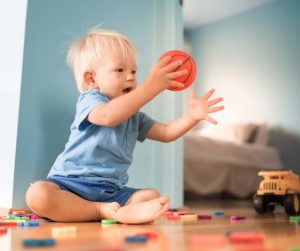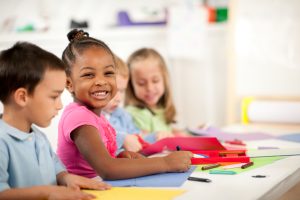
Children born very prematurely or with very low birth weight are at a higher risk of experiencing developmental delays, making it crucial to understand the factors that influence their growth and development
Key factors include how early the baby was born, how much they weighed, and any brain injuries they had after birth are key factors in whether they will have cognitive issues later. Other components like the family’s living situation, maternal education, and health problems that arise after birth also play a significant role in cognitive outcomes.
Early identification of children at risk and prompt interventions are essential for supporting their cognitive development. Despite advances in medical care that have increased survival rates, these children still face a higher likelihood of developmental delays, with both prenatal and postnatal factors impacting their outcomes.
To read more, click here!
Jess Vo, UConn KIDS Research Assistant













